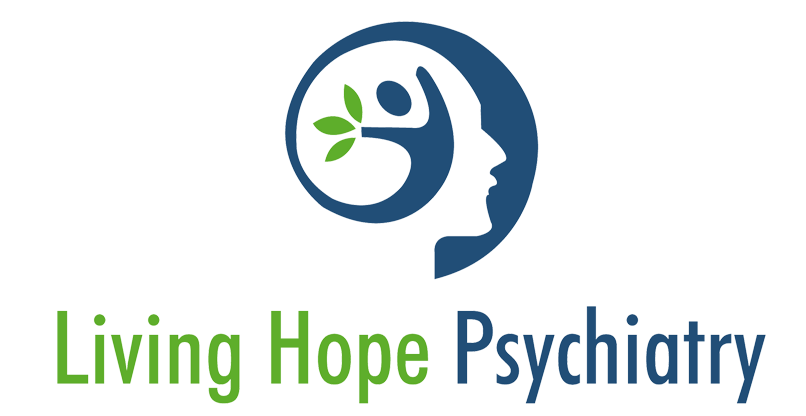Yes, anxiety can cause chest pain every day — especially if the anxiety is chronic, unmanaged, or related to panic disorder. Many people with anxiety experience physical symptoms that mimic serious medical conditions, and chest pain is one of the most common.
Why Does Anxiety Cause Chest Pain?
When you feel anxious, your body activates the sympathetic nervous system (also known as the “fight or flight” response). This causes a chain of physical effects:
- Increased heart rate
- Tightened chest muscles
- Rapid or shallow breathing (hyperventilation)
- Elevated blood pressure
These reactions can lead to:
- A tight, squeezing, or burning sensation in the chest
- A feeling like your heart is pounding or skipping beats
- A sharp pain that comes and goes
What Does Anxiety Chest Pain Feel Like?
Anxiety-related chest pain can feel:
- Like a muscle cramp or spasm in the chest
- Localized to one spot or spread across the chest
- Worse during stressful moments and better when distracted or calm
- Not related to physical exertion
When to See a Doctor
While anxiety is a common cause of chest pain, you should never ignore persistent or unexplained chest pain. It’s important to rule out:
- Heart conditions
- Respiratory issues
- Digestive problems (like acid reflux)
Seek immediate medical help if your chest pain:
- Is sudden, severe, or crushing
- Spreads to your arm, jaw, or back
- Is accompanied by shortness of breath, sweating, or dizziness
How to Manage Anxiety-Related Chest Pain
If your chest pain is caused by anxiety, effective treatment can reduce or eliminate symptoms:
- Cognitive Behavioral Therapy (CBT)
- Medication (such as SSRIs or anti-anxiety meds)
- Mindfulness, deep breathing, and relaxation techniques
- Regular exercise and sleep hygiene
Key Takeaway
Yes, anxiety can cause daily chest pain.
It’s a real, physical symptom of chronic stress or anxiety disorders — and treatable with proper care. Always speak with a mental health or medical professional to confirm the cause and find the best treatment plan.
